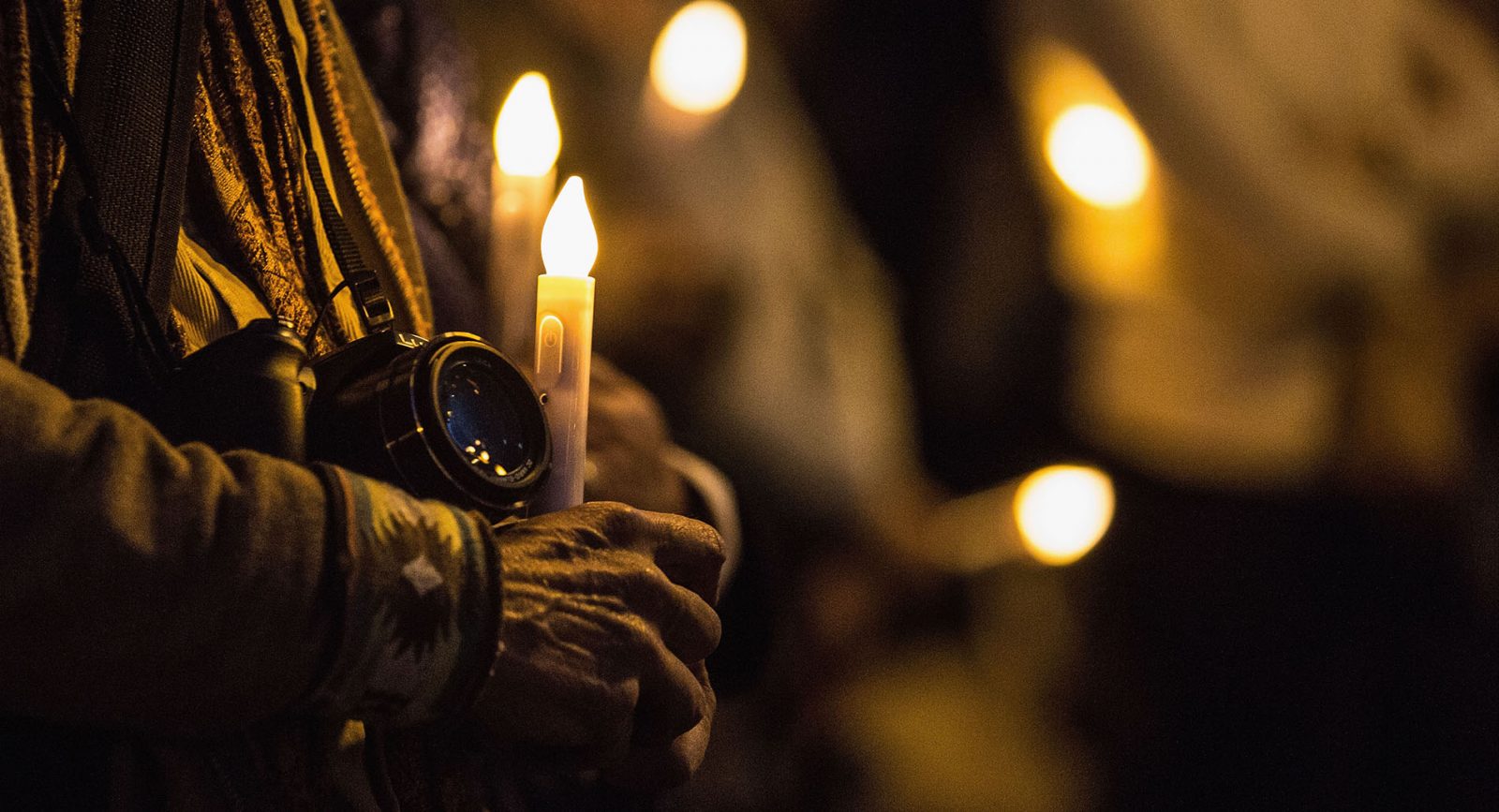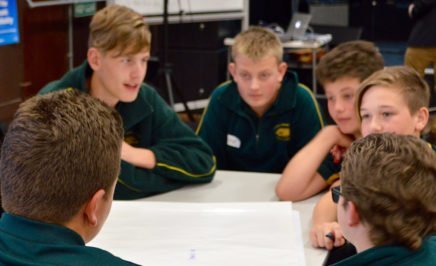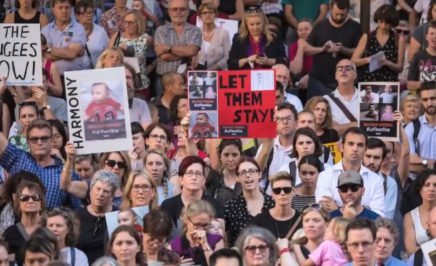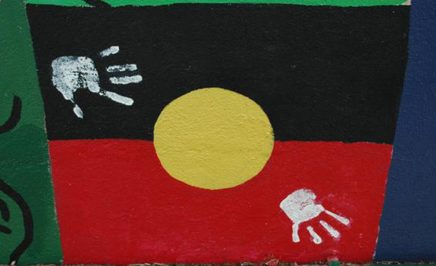Guy Ragen represented AIA at this year’s World Congress Against the Death Penalty. Here’s what he learned.
Every three years, the global movement for the death penalty’s abolition comes together at the World Congress Against the Death Penalty. This year’s Congress was held in Oslo, Norway in late June, and I was lucky enough to represent Amnesty International Australia.
Over 1300 delegates, from all over the world – including parliamentarians, government officials, lawyers, civil society workers, campaigners, former death row prisoners, and those whose family and friends have been the victims of capital punishment – attended. The end result was this declaration.
Amnesty has been campaigning against the death penalty since 1977, and I know a lot of our activists have spent years campaigning on what is such a fundamental human rights issue – so I thought I’d share a few thoughts from the Congress.
Now is a pivotal time in the abolition movement. In the past year, there has been some really positive developments, with Mongolia and Fiji joining the ranks of abolitionist countries. Yet, executions spiked to a 25 year high. Meanwhile, there are some very concerning signs in the Philippines that the death penalty will be re-introduced. And, of course, Indonesia executed four more people last week.
On the positive side, Australia is genuinely now seen as a leading voice in the abolitionist movement. Australia co-sponsored the Congress with Norway, and was named in numerous plenaries, and in passing conversations with people, as being the most pro-active voice outside Europe right now.
That didn’t come about from nowhere. While the campaign to save Myuran Sukumaran and Andrew Chan from the firing squad ended tragically, the huge and inspiring outpouring of support from Australians – many of them Amnesty activists – clearly led to the Australian government re-thinking its role. The strong, and long, campaign from our activists has definitely been heard in Canberra.
And, more quietly, it’s what the Government Relations Team and Rose from the Campaigns team have been working on for the past 15 months. We’ve been repeatedly meeting the Department of Foreign Affairs and Trade, and have made numerous policy suggestions which the government has taken on board.
It also means our diplomats all over the world are constantly lobbying countries with the death penalty to make change. While you may not see a lot of public statements from Australia about individual cases Amnesty is working on, we are constantly in contact with our government and know they are very active behind the scenes (including in Indonesia right now).
What’s next?
Later in the year we’ll see the UN General Assembly hold its vote calling for a worldwide moratorium on the death penalty. Australia is again leading the way with Norway in co-authoring the text of the resolution, and trying to rustle up as many supportive votes as possible.
One thing which was very clear at the Congress is that there is no global abolition movement without Amnesty. The work activists, campaigning long and hard for individual cases, and our annual statistics, really do form the bedrock of the international movement. Despite setbacks, the global momentum is still towards abolition.
On a personal note, it’s an enormous privilege to represent Amnesty Australia at an international event, and meet Amnesty activists and staff from Europe, SE Asia, North Asia, Africa, the Middle East and North America (there were around 30 Amnesty sections in attendance) – and is something that isn’t possible without our supporters. So, thank you!





